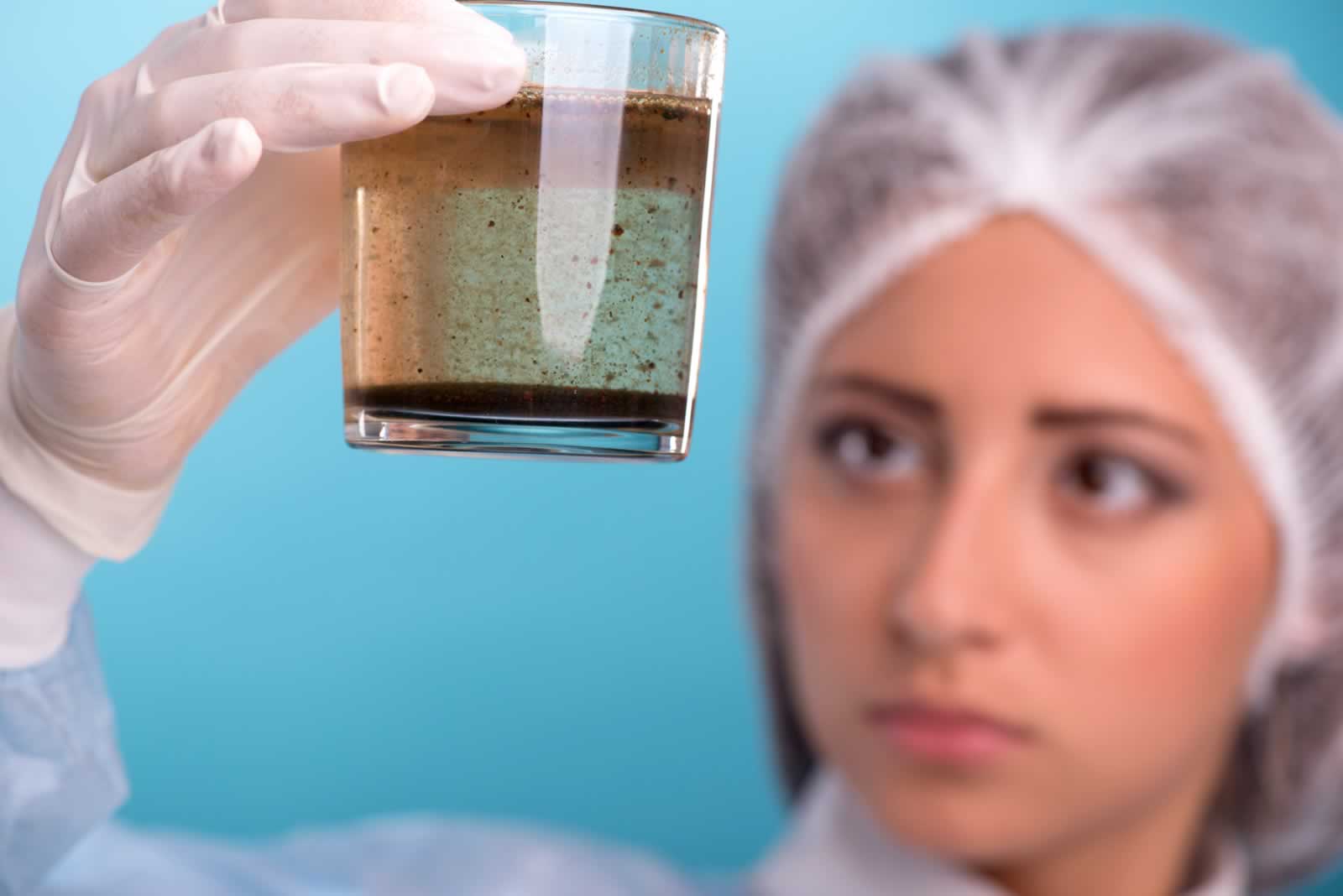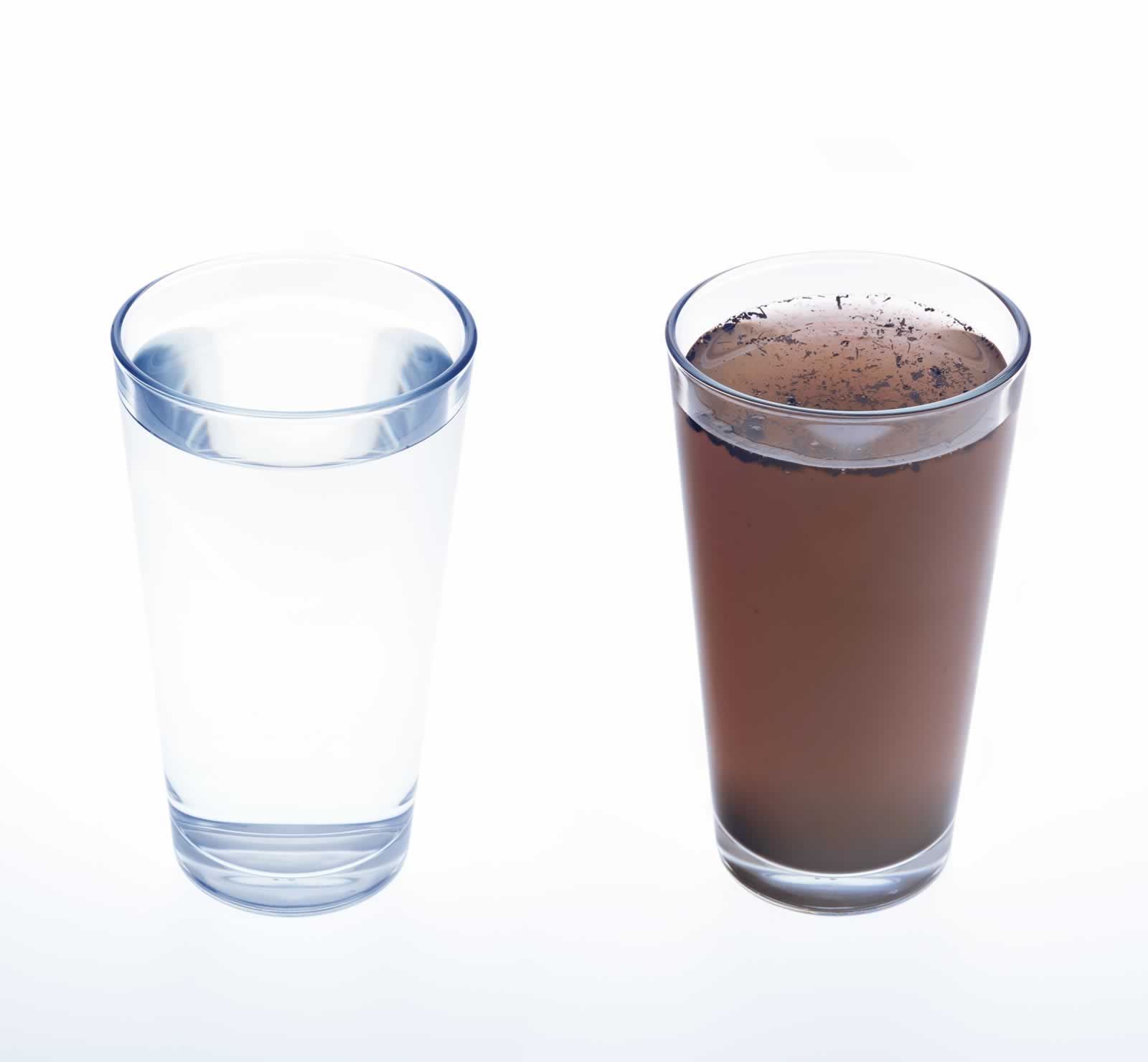The Facts about Drinking Recycled Water
by The Team at Cheap Cheap Rubbish Removal
Friday March 18th 2022

Recycling water is a significant advantage in a world where water resources are under pressure. But does that mean that you can drink that water? And are there any risks if you do? Here we will look at the myths, truths, and dangers of drinking recycled water.
What is Recycled Drinking Water?
Recycled water is just like tap water; only it's been purified to be safe for drinking.
Water recycling is the process of obtaining drinking water from wastewater and is called reverse osmosis. It uses a method of running the water through a membrane that blocks any particles in the water.
Treatment plants pre-treat the effluent before it reaches the recycling plant. When this is done and there's space, they combine it with natural water.
After being filtered through tiny filters, the water is then forced through a dense plastic film, allowing water molecules to pass through. Salts and microbes that are too small to fit through the film membrane won't be able to enter.
The water is recycled and treated with hydrogen peroxide and ultraviolet light before being blended into the reserves or groundwater reservoirs. It is important to ensure there are no contaminants.
The blended recycled and regular water is also treated with the drinking water process to make it safe for drinking.
Recycling Process of Purified Water
Purified water is water that has been treated to remove impurities. The process of purification can be done in a number of ways, such as boiling, distillation, or passing through a filter.
The recycling process begins when the wastewater is filtered and heated to create vapour. This vapour is then cooled and condensed into purified drinking water.
Potable water
This water is safe to drink and intended for human consumption, suitable for drinking or culinary purposes. It looks clean and is clean.
Indirect potable reuse
Managed aquifer recharge can be used to make use of recycled water instead of going straight from the treatment plant to your tap. Great for conserving natural sources for drinking water, it also provides freshwater.
Recycled water
Water that's been reclaimed from sewage, greywater, or stormwater is cleaned to a standard for the intended use.
Why Use recycled water for drinking water?
Clean water is essential for human health and for the environment.
The global water crisis is a complex issue. You may think that drinking water is readily available, but in reality, it isn't. Drinking water is essential for life and if you don't have access to clean drinking water, your life is in danger.
There are water shortages and droughts in parts of the world, especially in Australia. Even in countries or seasons where there is plenty of rain, it doesn't mean clean potable water is available.
According to the World Health Organization, over 780 million people don't have access to safe drinking water. Water scarcity is an issue that is quickly getting worse.
Dirty water is a serious problem worldwide, yet many countries aren't doing enough about it. The World Health Organization now classifies unsafe drinking water to cause 1.8 million deaths each year. Drinking water has been contaminated by land mines in the Congo, by arsenic in Bangladesh, by radioactive fallout in India, the list goes on. Clean water is essential for life, and given the proper tools, we can have clean water for all.
Clean water availability is a problem becoming more and more common as the world's population continues to grow.
Still, there's a solution to help solve this problem: recycling water.
Recycling water for drinking water is the process of using wastewater for drinking water. As more and more people become aware of the need to recycle water and reuse wastewater for drinking water, water recycling and purification systems are becoming more popular. However, many countries and cities are not recycling water their wastewater.
Water Purification Processes in Australia
As our population grows, Australians will have to get used to drinking recycled water.
"I believe it will happen in the next decade for one of our capital cities on the east coast,"
"For Australia to really grow and to have competitive cities and liveable cities, we have to embrace potable reuse as one of our supplies going forward."
It could be even sooner for people who don't have access to desalination plants in inland cities like Goulburn and Canberra.
"There are inland towns who came very close to having to build recycled water plants at the end of the millennium drought," said Stuart Khan from the Water Research Centre at the University of New South Wales.
"That's really going to be the next viable option (for those towns) … they will have very few choices and they will be pushing to be able to develop potable water recycling schemes in order to sustain their communities and cities."
According to Mr Lovell, Desalinated water costs roughly twice as much to treat as recycled water and can't be pumped too far.
Water purification processes are used to make water safe for drinking. Australia has its own set of water purification processes, which are generally similar to those in the United States.
Australia is one of the countries with many rivers, lakes, and reservoirs. Many natural waterways provide a steady supply of freshwater. However, many areas in Australia suffer from drought and, as a result, need to rely on desalination plants or other forms of treatment for their potable water needs.
Using Potable water and recycled water in your home
It is now possible for residents in some newer housing developments to have two water pipes. One set of pipes is for drinking water, with another set coloured purple for recycled water. The water from the purple pipes can flush the toilet, wash your car, and water the garden.
What countries around the world Recycle Drinking Water?
Recycling water is the process of purifying and reusing water that has already been used. It is done in many countries worldwide, including India, China, and Morocco.
The advantages of recycling water are that it reduces the need for freshwater sources and reduces the amount of wastewater that needs to be treated. The disadvantages are that it can decrease drinking water quality by contamination if not done correctly.
"The technology is very straightforward and the risks are almost negligible. The issues are about community acceptance and bringing the community along," said Sue Murphy, the Water Corporation of Western Australia CEO.
Perth's water management system has been hailed as the best practice worldwide.
Drinking Recycled Water
Many people believe that drinking recycled water is not safe. However, this is not true. There are many myths about drinking recycled water debunked in this article.
The water cycle is one of the most important natural processes on Earth. Recycled water can be a valuable resource for our growing population since it can help reduce wastewater and ensure that the people who need it have access to clean water.
If you enjoyed this article please read more on our recycling efforts through our business.










